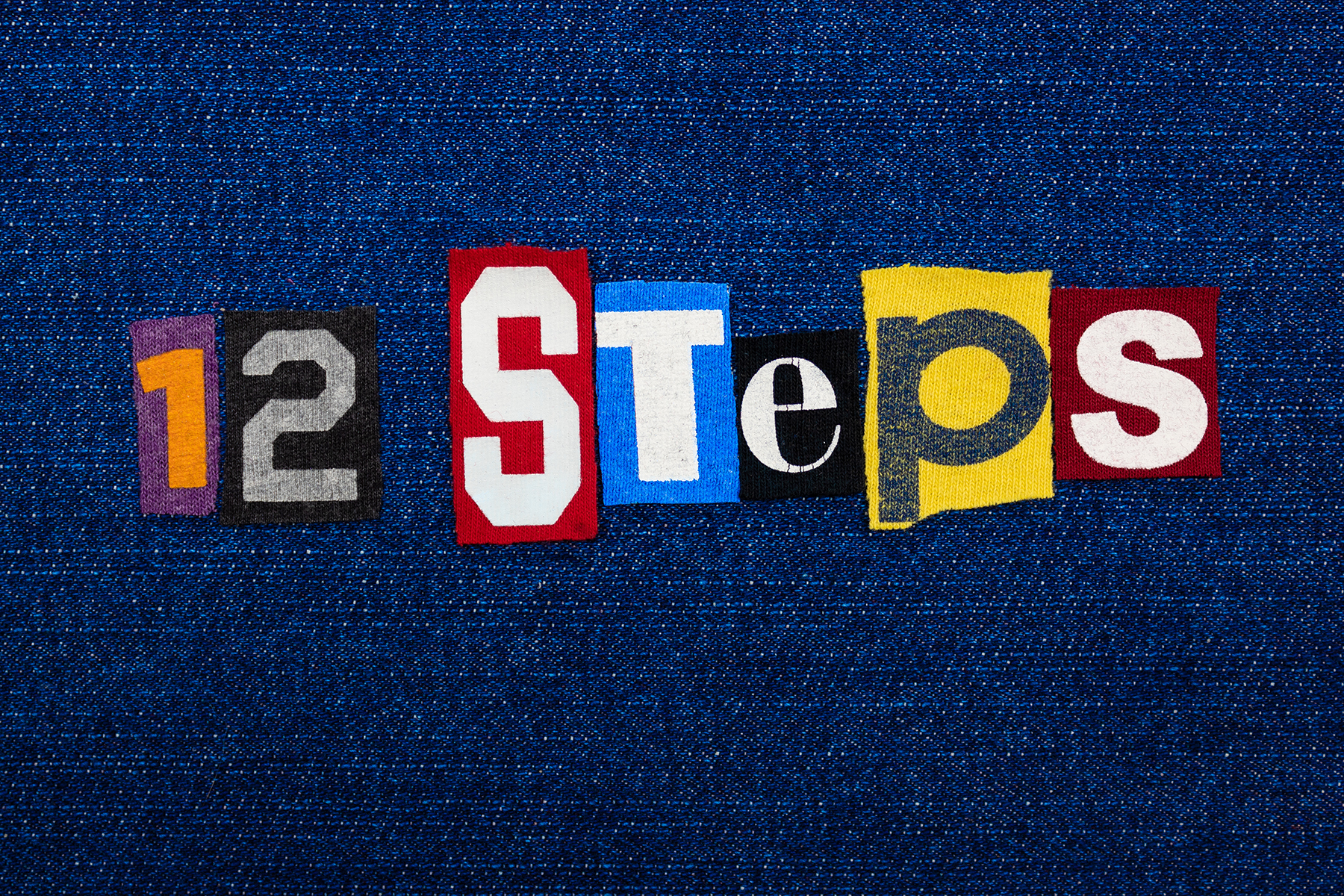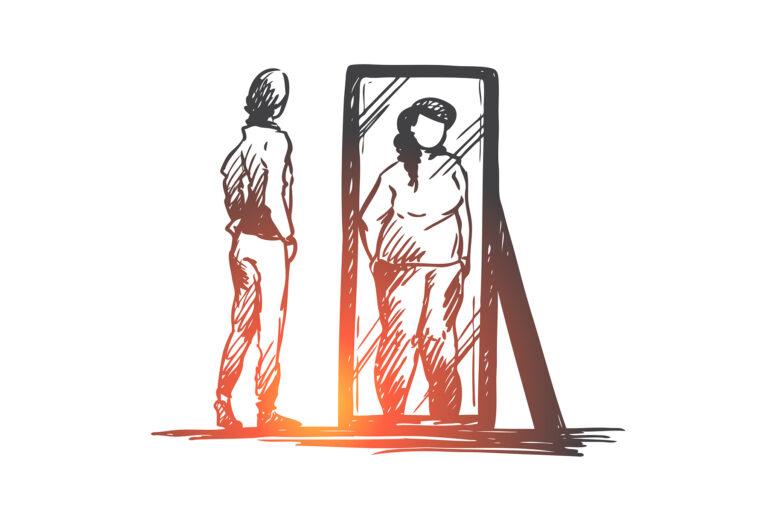The 12 Steps are the fundamental principles upon which the Alcoholics Anonymous programme is based and were written by the founders of the AA back in the 1930s. It has a long history of supporting alcoholics and addicts of all kinds to achieve lasting recovery and during a study in 2020 Stanford School of Medicine found it to be the most effective path to abstinence.
At The Bridge we strongly believe in the principles of the 12 Steps and they are one of the most fundamental aspects of our treatment programme. That’s because they are highly effective and can be easily continued through the network of AA groups around the world, once people leave residential rehab. This continuity and ongoing support makes a long standing recovery so much easier.
During a client’s stay at our private rehabilitation centre we offer 12 Step Meetings alongside other treatment methods such as CBT, psychodynamic counselling, group therapy and trauma therapy. They work very well together, as part of our holistic approach to addiction treatment.
Alongside CBT, the 12 Steps help clients examine their coping mechanisms, coping strategies and unhelpful thinking patterns and character defects. The 12 Steps can offer new practical tools to deal with cravings, and offer healthier ways to deal with emotions or stress and how manage emotions without drinking.
The Principles of the 12 Steps
There is a lot of wisdom in those 12 Steps and it offers a road map to follow to take you to sobriety. You can visit the AA’s website to read the full 12 Steps and there’s also a book available that many people find a very useful guide. Some of the key points which are very powerful include;
- Self-reflection and evaluation – Part of this is taking a cold, hard look at your drinking and evaluating if it is causing harm. The Steps also require you to identify your patterns or triggers and seeing whether drinking is a coping mechanism that you rely on. The 12 Steps also encourage you to evaluate the impact of your addiction on yourself and others and forces you to admit that you have a problem.
- Faith – The 12 Steps require a belief in a power greater than ourselves, as alone, addiction is so hard to beat. Many of the steps require surrendering to a higher power and admitting your wrongs.
- Forgiveness – Step 9 is all about making amends to those you have harmed due to your addiction.
- Service – The final step is supporting others in their recovery
We use the 12 Steps as a tool to look back and highlight the consequences of an individual’s addiction on themselves, their family and society. Like the 12 Steps, we work with our clients to look at their past, present and future in relation to alcohol. We help them to identify a positive routine to follow, a good structure for their sobriety, and make a plan for a bright future free from alcohol.
12 Steps in Rehab and Beyond
Incorporating 12 Step Meetings into your stay at an inpatient rehabilitation centre is an excellent idea, as it can help you to transition to life outside rehab. AA groups operate all over the world and meetings are readily available and free when you get back home. They also offer a positive community of like-minded people, who can support you and they encourage you to actively engage in your recovery and share your struggles to avoid relapse. There are even online options if there isn’t a group in your area.
Through the Al-Anon Family Groups, the AA also supports families of addicts to come to terms with their situation and learn how to look after their own mental health, as well as how to help and be there for their loved one during their recovery.
Admit that you have a problem and start your journey to sobriety today
The first step for anyone who wants to quit drinking for good is to admit you have a problem.
The AA website has some excellent resources for people who need help with a drinking problem. It includes a self-assessment test, to confirm that you do have an issue with alcohol. If that flags up an issue, you can also find an AA meeting near you in the same place.
If your drinking problem is very extreme and you require a detox, or have found it impossible to quit at home, with all the temptations at hand, then inpatient rehabilitation might be better for you. This is a safe place, free of temptations, with the medical support you need to detox safely. You will also have access to intensive professional help including group and 1-2-1 therapy, counselling and treatment methods such as CBT and of course 12 Step Meetings as well.
Please contact our private rehabilitation centre in Marbella to discuss how we can help you. Our professional and highly experienced team are here for you, no matter how bad things have gotten. We truly believe that everyone is capable of leaving behind their addictions and enjoying a full, happy life free from alcohol and drugs. We know it’s hard, but please try to take that first step to getting sober, by contacting us, or going to your first AA meeting and starting your recovery.
We hope this information has helped you better understand the 12 Steps and how they help so many people overcome their issues with alcohol addiction. There’s an excellent article on VeryWellMind which goes into more depth about the 12 Steps if you want to deeper dive.




